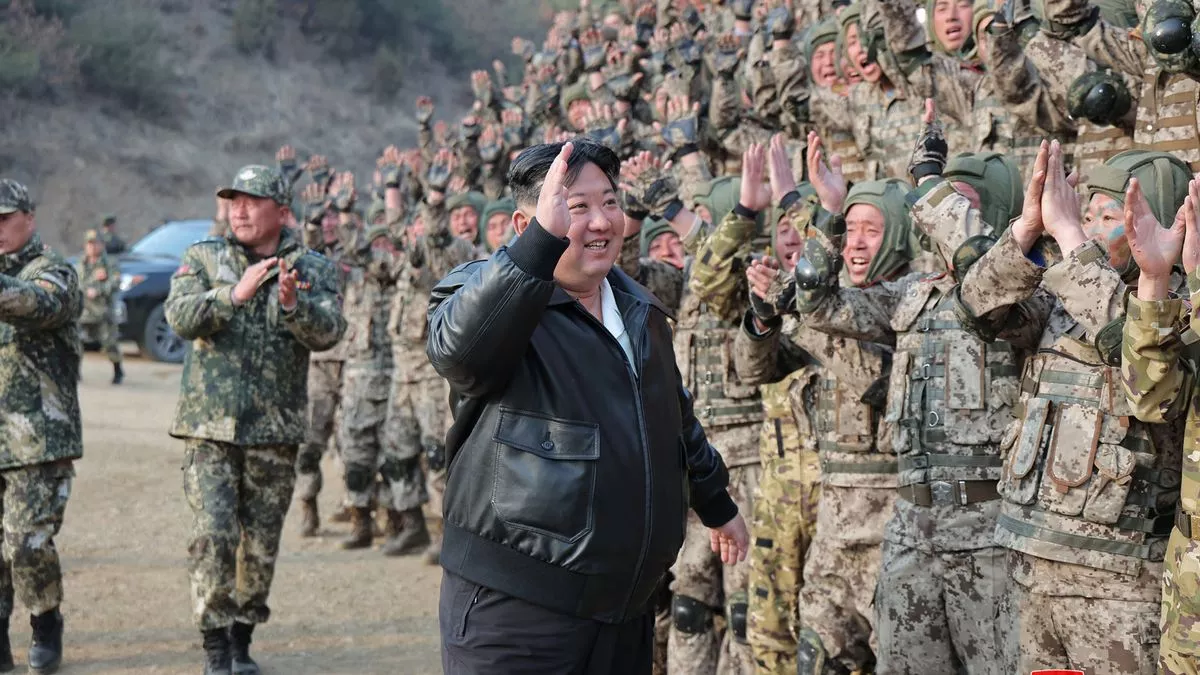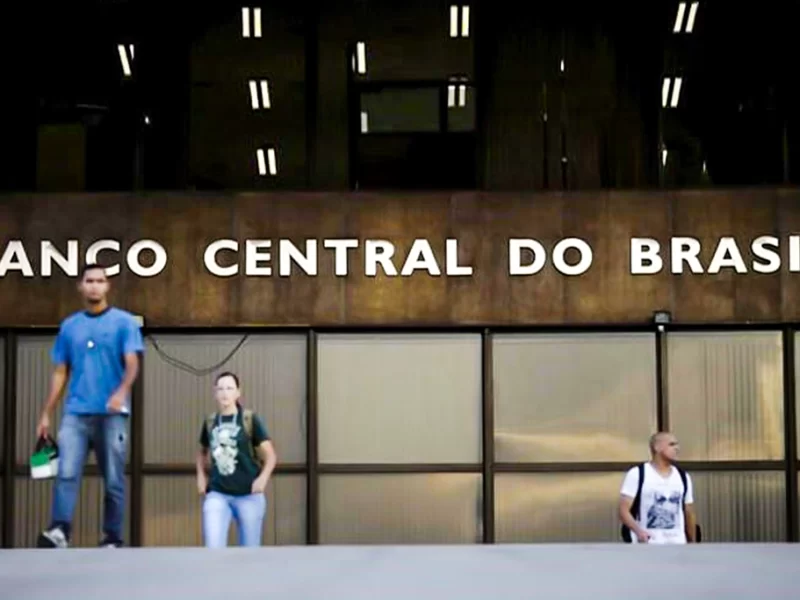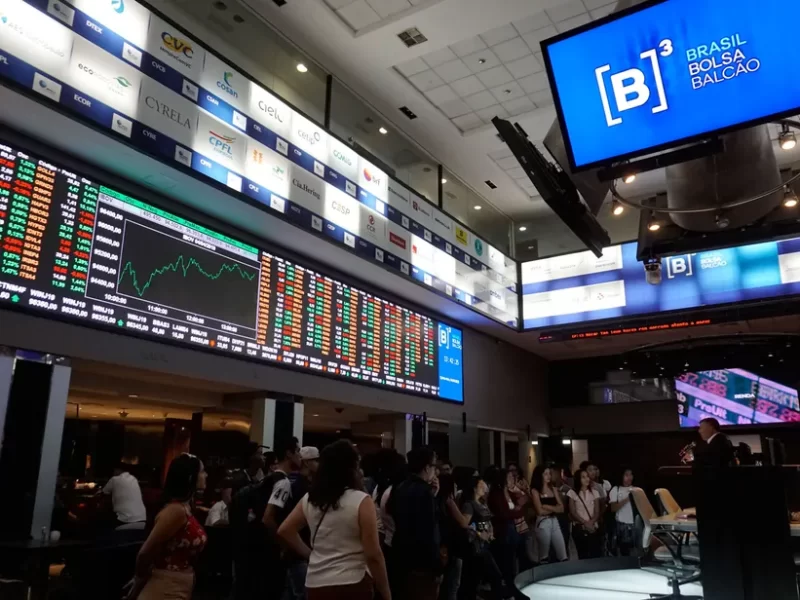Russia’s war efforts in Ukraine have won a surprising backer: North Korea. The isolated nation has become an essential partner for the Kremlin’s military operations.
This alliance has raised concerns between Western powers and the Ukrainian leadership. In September 2023, Vladimir Putin met with Kim Jong-un at a Russian cosmodrome.
The meeting, initially seen as a sign of Russian weakness, has turned out to be of strategic importance. North Korea’s vast Soviet-era arsenals have become a lifeline for Russia’s military machine.
Western intelligence reports indicate that North Korean munitions have been leaking into Russia for more than a year. These supplies have become crucial to the Russian war effort.
The Times reported that half of the shells fired by Russian cannons now originate in North Korea. Ukrainian officials claim that the quality of this decades-old ammunition is poor and often fails.


However, the continued Russian advance in Donetsk province bears the stamp of North Korea. Without Pyongyang’s shells, the Russian offensive would be less intense, according to Ukrainian military sources.
North Korea’s military support for Russia
It is reported that the cooperation has entered a new phase. Ukrainian President Volodymyr Zelensky stated that North Korea is now sending troops to support Russian forces.
He emphasized the need for increased support from Ukraine’s allies to oppose this development. Ukrainian military sources revealed to The Washington Post that thousands of North Korean soldiers may be training in Russia.
These reinforcements may join the Russian army by the end of the year. Some reports suggest that North Korean soldiers have already died in the conflict. The Kremlin and Pyongyang have denied these claims.
However, debris from North Korea’s Hwasong-11 missiles has been identified in the Kiev attacks. This evidence supports claims of direct North Korean involvement in the conflict.
Military cooperation is formalized through a comprehensive strategic partnership treaty. Putin recently submitted a bill to the Russian Parliament to ratify this alliance.
Additionally, the agreement includes a mutual defense clause, potentially drawing North Korea into a wider conflict. This alliance strengthens Russia’s position against the Western bloc in Asia.
The bloc includes the United States, the United Kingdom, Australia, Japan and South Korea. It also complicates the geopolitical landscape in the region.
Russia has publicly defended its new ally. When North Korea recently destroyed roads connecting South Korea, Moscow warned Seoul against escalating tensions.
The Kremlin criticized South Korea’s alleged use of drones to drop propaganda leaflets on North Korean territory. This emerging alliance between Russia and North Korea marks a significant shift in global power dynamics.
It challenges the established international order and raises questions about the future of regional stability in both Europe and Asia.



